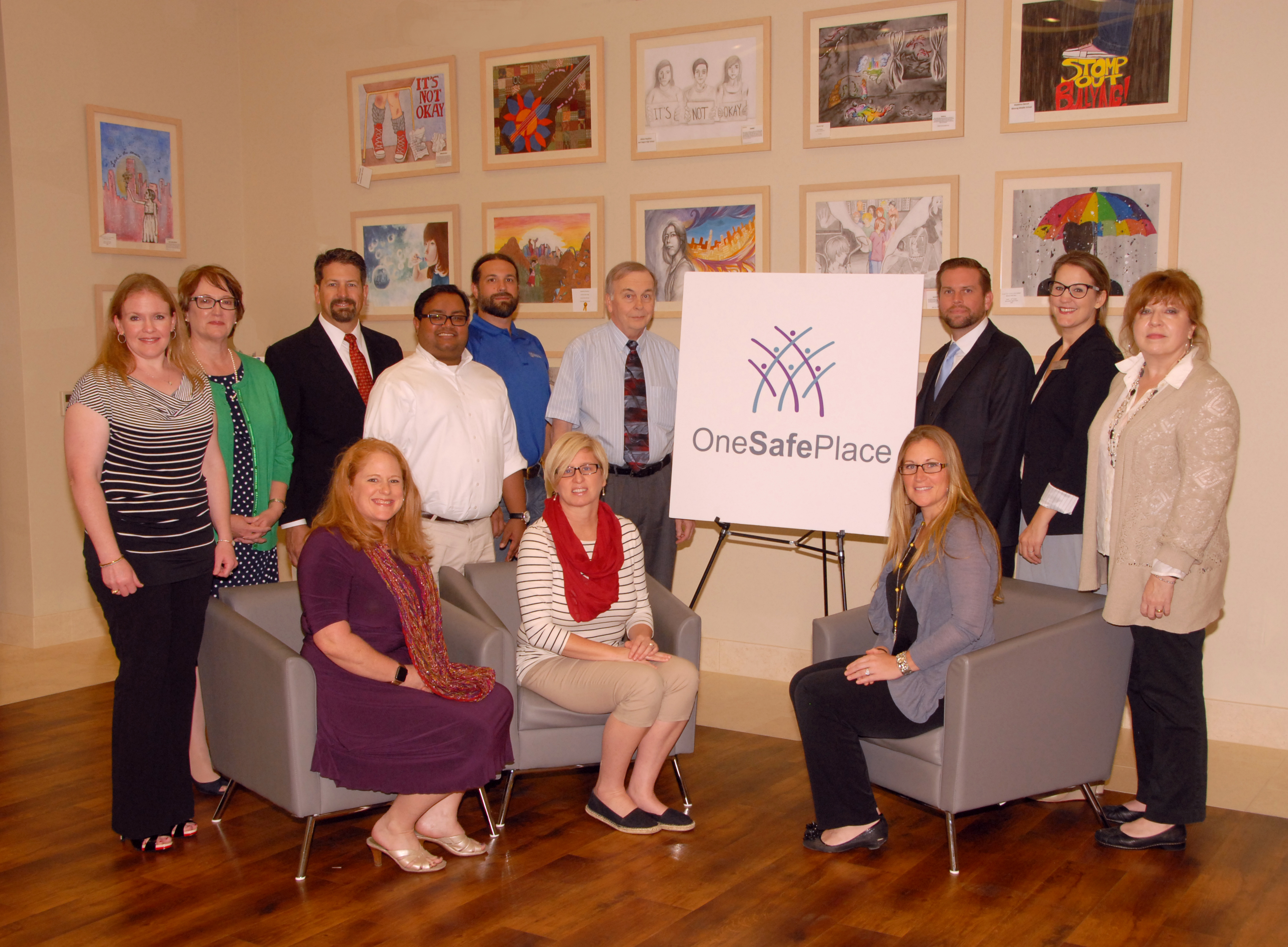HHS funds $2.2 million interpersonal violence project
September 11, 2015 • 2015
A UNT Health Science Center project aimed at addressing interpersonal violence has been awarded $2.2 million in funding over the next three years by the U.S. Department of Health and Human Services’ Office on Women’s Health.
The project – called TESSA (Technology Enhanced Screening and Supportive Assistance) – is being led by Emily Spence-Almaguer, MSW, PhD, College of Public Health Associate Professor of Behavioral and Community Health. Four other UNTHSC professors are serving as co-investigators, partnering with nine North Texas health clinics through UNT Health Family Medicine, JPS Health Network and North Texas Area Community Health Centers, Inc.; the Women’s Center of Tarrant County; One Safe Place; Safe Haven; and MedStar Mobile Healthcare Area Ambulance Authority.
TESSA is a technology-assisted screening and intervention program that integrates services between primary health clinics and organizations serving interpersonal violence victims.
Interpersonal violence (IPV) places families and individuals at risk for injury and long-term health and mental health conditions associated with stress.
In 2013, among the 1.9 million residents of Tarrant County, 12,446 family violence incidents were reported to police, with an estimated 58 percent involving injuries.
Statistics show that poverty and homelessness place women at a higher risk for IPV, and among homeless women in Tarrant County in 2013, 46 percent experienced physical or sexual victimization, 20 percent reported intimate partner violence, and 17 percent reported incidents meeting the legal definition of rape in the prior 12 months.
Studies have shown that abused women are 60 percent more likely to report health problems and are at an increased risk for high cholesterol, heart attack, heart disease, high blood pressure, stroke, joint disease, asthma, activity limitations, smoking, binge drinking, depression and other mental health disorders.
Health care expenses for IPV survivors are 42 percent higher, and still many cases go unreported because victims are held back from seeking care due to fear, discomfort, apprehension and resources.
“The goal of TESSA is to increase immediate safety and promote long-term health among individuals who have experienced IPV, particularly persons who are homeless and living in poverty,” said Dr. Spence-Almaguer.
“IPV screenings are more likely to occur in emergency medical settings,” she said, “although many long-term health consequences of IPV are conditions addressed in primary care clinics. By establishing a collaborative, integrated system among health clinics and IPV-oriented organizations, our hope is to enhance and coordinate the process of identifying victims and providing access to immediate interventions for clinic patients, including medical assessment of injuries, crisis management, health coaching and health navigation services, and follow up support.”
TESSA will also provide training and support services for clinic personnel; a private, electronic check-in system with patient and clinician components; an electronic system for IPV screening and assessment of key stress, risk, protective and behavioral health indicators; and an online classification and guidance program for clinicians.
TESSA health advocates will be placed in organizations throughout Tarrant County to promote safety, health and establishment of a home base for victims’ medical and support services. Health advocates will reach out face-to-face and through video calls for rapid response.
As TESSA project leader, Dr. Spence-Almaguer brings nearly 25 years of experience in the areas of rape crisis, domestic violence and stalking programs. Her 2013 study of victimization experiences and health needs of homeless women in Fort Worth, Texas, led to community changes including development of a victim advocacy program, shelter policy updates, and a homeless women’s outreach task force.




Social media